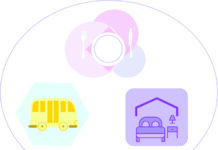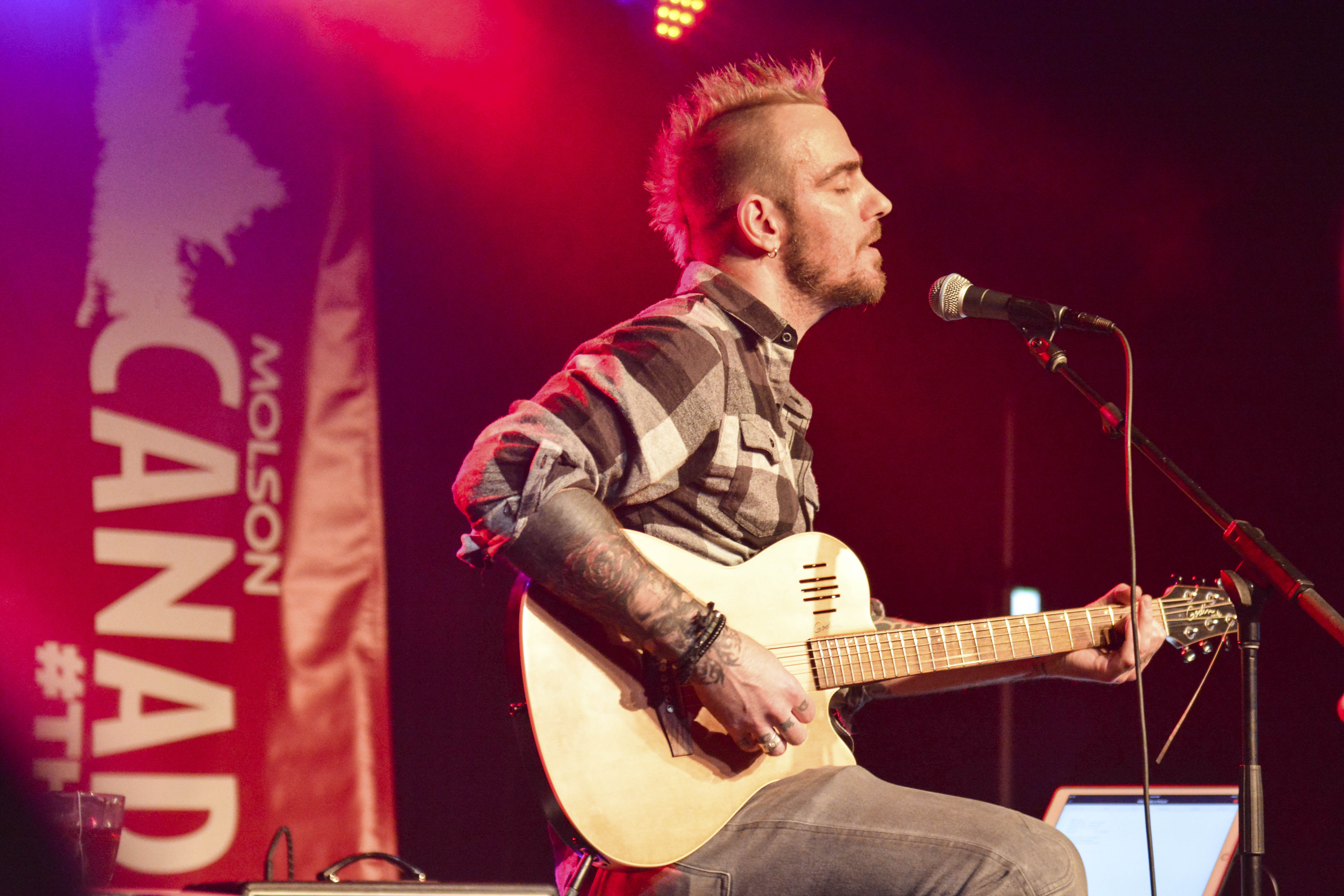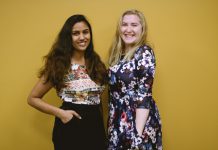This term, both students and professors alike are excited to mark the start of the summer program for students from Ukraine. Following the Russian invasion in February 2022, UW decided to implement programming for impacted students, and the pilot initiative was a success.
Running from May through August, the program will welcome non-UW students whose upper-year studies at their home universities in Ukraine were impacted by the ongoing conflict. The 37 participating students this year specialize in engineering, computer science, mathematics, and other alternative research areas offered by UW.
UW will cover all travel expenses and provide on-campus housing at United College and a research stipend for select students. “There’s a huge amount of excitement about welcoming these students to the campus,” said Mary Wells, dean of engineering at UW.
Serhiy Yarusevych, professor in the department of mechanical and mechatronics engineering (MME) and principal investigator at UW Fluid Mechanics Research Laboratory, is currently spearheading the summer program.
“We have two streams in the program this year. One is the research stream that provides academic experience and research on campus. And [the other] is the industrial stream. And that stream provides industrial internship experience with our industrial partner WSIB, which is an Ontario government insurance company that ensures workplace safety,” Yarusevych told Imprint.
“I am working on an exciting project within the [WSIB] lab, where I have the chance to apply my skills and knowledge to real-world challenges,” said Oleksandra Dypko, who is currently pursuing a degree in computer science from Lviv Polytechnic National University and taking part in the summer program’s industrial stream.
By providing these opportunities, the university is hoping to assist students who otherwise may not be able to continue working on their studies. “Due to the Russian aggression in Ukraine — the war that has been unfolding for over a year now, and prior to that COVID, they haven’t had in-person experience for the most part in their academic studies,” Yarusevych said.
“It’s a challenging time in Ukraine now,” said Dypko. “[The program] has given me a unique chance to continue my education, improve my computer science skills, and contribute to rebuilding Ukraine.”
The program will also allow students to connect in person after years of remote learning.
“We have, serendipitously, two students who are from the same class, from the same university who met for the first time here in person,” Yarusevych said.
Ivanna Kvasna, who is studying mathematics at the Ternopil National Pedagogical University, also spoke to Imprint about participating in the program. “My impressions of the program are excellent. There are a lot of different opportunities for professional development and for leisure. Also, I met wonderful people here.”
Kvasna is enrolled in UW’s department of applied mathematics and is taking part in the program’s research stream. “In my opinion it is good for my self-development because I can study at the university that is internationally recognized as one of the top schools for mathematics. I can engage in research, and it is very interesting for me,” Kvasna said.
Andrii Kramarenko, a master’s student at the Kyiv-Mohyla Academy National University, is also taking part in research. “My studies at the Waterloo Wetland Laboratory are now in their third week, and I am pleased to be able to gain an incredible experience here,” Kramarenko told Imprint.
Yarusevych agrees that the program has been running smoothly for the students thus far: “It’s been very positively received.”
When asked about plans for the future, Yarusevych said he hopes that this summer program is only the beginning when it comes to campus-wide initiatives for international students at risk. “Our resources are limited as a university of course, but every bit helps. So if that can be taken on by other universities around the world, that can make a world of a difference,” he said.
Wells echoed his statements. “This will continue, you know, and we will continue to invest in these students, because it’s the right thing to do. They can add so much into our community, and we can give them something as well.”
Dypko remarks, “I want to express my gratitude to the University of Waterloo and the WSIB Innovation Lab for this incredible opportunity. Thank you for assistance and belief in the resilience of the Ukrainian people. I’m truly grateful for this opportunity, and I’m determined to make the most of it to contribute to the betterment of Ukraine.”































